How Safe Is Costa Rica?
Costa Rica has become one of the most popular expat and digital nomad destinations in Latin America, known for its natural beauty, relaxed lifestyle,...
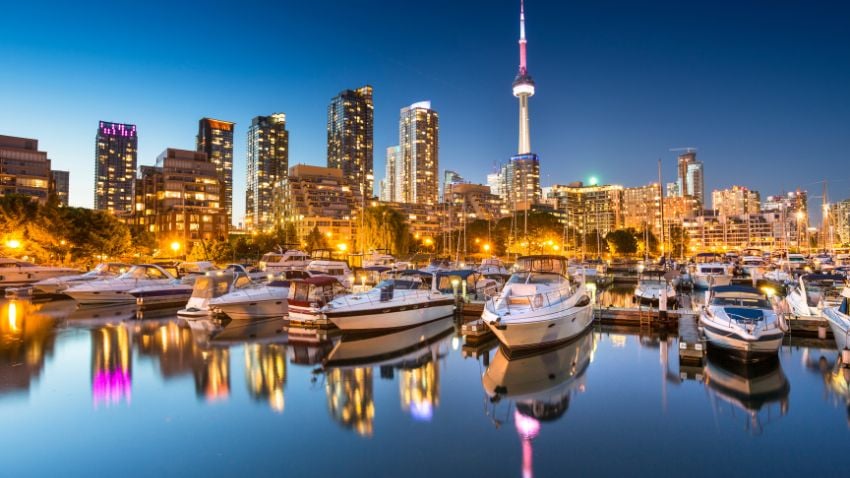
11 min read
The task may seem daunting for Canadians that require documents to be legalized. We have compiled helpful information on the subject provided by the official government website so that you can efficiently complete this process. It is a process in which you must pay close attention to all of the details, no matter how small or irrelevant they may seem. Read these steps carefully, and you can work with me one-on-one if you need some extra assistance.
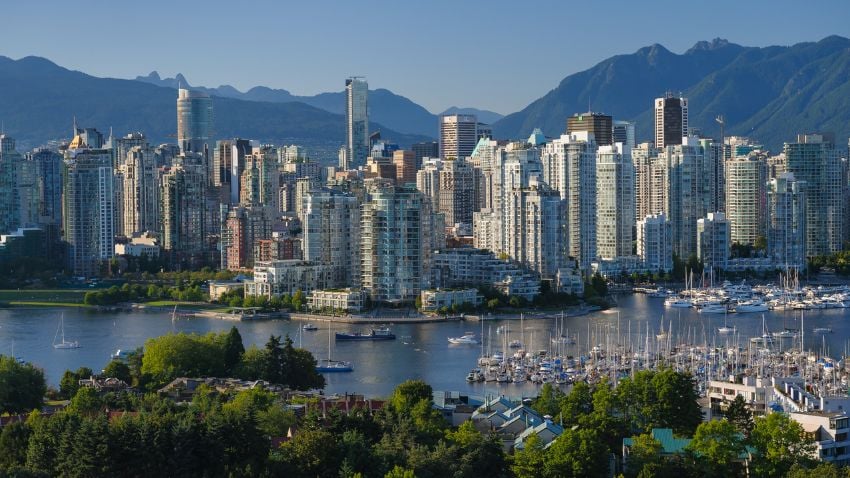
It is very important to know if your document needs to go through the legalization process to speed up the process
Before we get started talking about all the processes, there are three terms I would like to familiarize you with:
These three processes are similar and vary only slightly. For Canadian’s, you will require legalization and authentication for you to be able to use your documents abroad. In comparison, an apostille is a specific simplified authentication for the Hague Convention countries only.
In order to use a Canadian document overseas, it may be necessary to undergo an authentication process. This process verifies the authenticity of the signature of a public official present on the document. In some countries, authentication is referred to as an apostille. Once the document has been authenticated, it may require legalization from the relevant authorities in the destination country. For example, this may involve the embassy, high commission, or consulate of that country in Canada. To be authenticated, the document must feature a recognized original signature and, if applicable, a seal.
The Hague Convention simplified document legalization and authentication processes for the countries that decided to be part of it. However, Canada did not join the treaty, so the procedure for Canadians is different. Therefore, it is worth knowing the correct step-by-step process to facilitate and expedite the authentication process.
Global Affairs Canada's Authentication Services Section is primarily responsible for performing this procedure, but there are cases where alternatives may be used to expedite and facilitate the process.
First, it is necessary to know whether your document needs to go through the legalization process to avoid wasting time with papers that do not require this work.
Therefore, contact the embassy or authority of the destination country you are gathering the documentation for to learn more about the requirements they need to validate your document; this can be done in Canada or from outside of Canada. Once you have this information, follow the instructions below.
Related content: The Basics Of How To Get A Second Passport Or A Second Residency
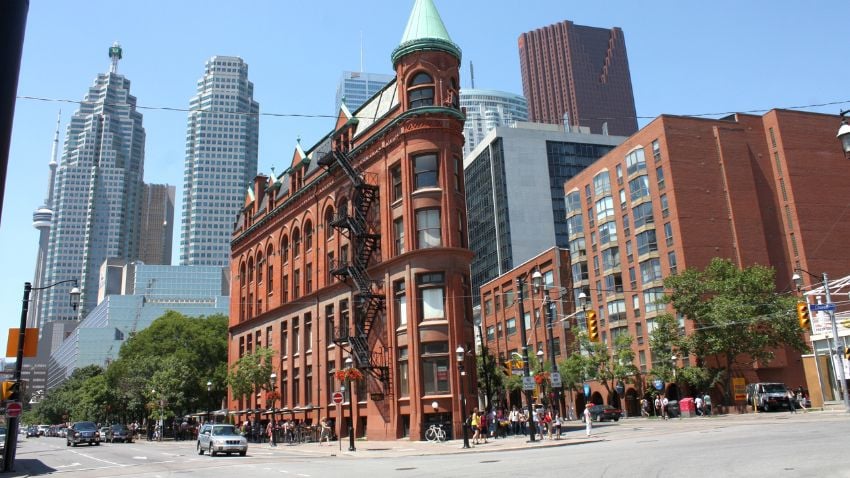
When your document cannot be authenticated, you will receive written information about it and its status
Some circumstances prevent the authentication of the document you presented or lead to the refusal of authentication by the responsible authority.
When your document cannot be authenticated, you will receive written information about it. Authentication cannot be done if one of the following situations occurs:
To avoid some of these causes that prevent the authentication of your document, take some care, such as: verifying if the educational institution is recognized, not presenting plain photocopies, not sending religious documents, and ensuring that all data in the documents are legible and ready to be verified.
The responsible authority may refuse to legalize the documents and even contact other competent bodies to deal with the matter if:
Another possibility of refusal is if the Service Section considers that the document violates its policies.
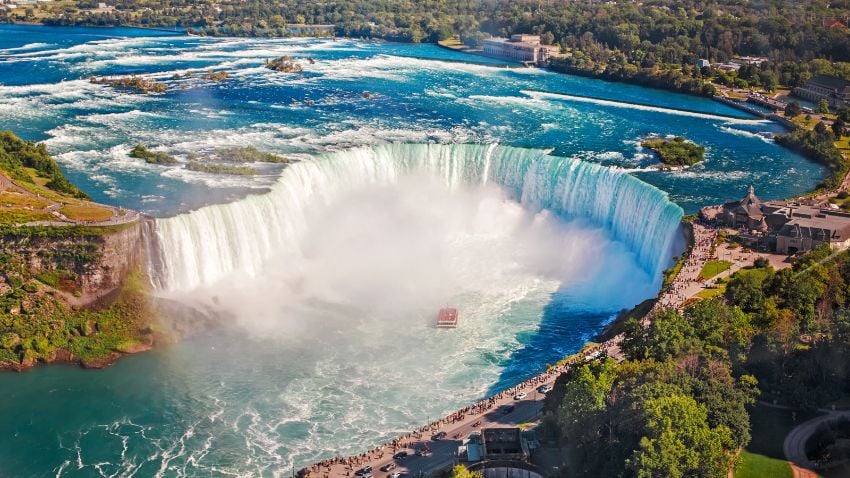
Notarization is simple but must meet the requirements and the procedure involves the signature and seals of a notary with valid appointment
You now have a list of all of your documents required by the destination embassy or authority that requires authentication. These documents must be in English or French. There are two translation exceptions:
Some countries require authenticated documentation, so they must go through a translation process if they are in another language. There are other ways to translate documents so they are authenticated: you can choose between a Sworn translation or a Certificate by a Canadian notary public. Both forms of the translation will bear the signature and seal of a Canadian notary.
As a general rule, documents must be notarized before being sent for legalization. Any Canadian notaries recognized by the Authentication Services Section of Global Affairs Canada can perform the notarization.
Finding a notary will be easy. Just search online for "notary public in your city of choice." The rules governing Canadian notaries vary between provinces and territories. The notary will tell you what they can do to notarize your document
The notarization process in the notary office is simple but must meet all requirements. A notary signs and seals your document.
When signing your document, the notary must: have a valid certificate of appointment. It means that the notary must have a signature recognized by the government, but if he doesn't have it, he can simply register and provide a sample signature.
The notary may also prepare a certificate and attach it to the document. However, the notarized document must contain the following requirements:
Once all the requirements have been met, the document is notarized and ready to be sent to the Authentication Services Section of Global Affairs Canada for legalization.
There are some exceptions to the rule. Therefore, some documents can be sent directly to the Authentication Services Section of Global Affairs Canada for legalization without going through notarization in the notary office. They are:
Any other type of document you need to legalize that is not on this list or does not meet the requirements listed must be notarized before being sent to the Authentication Services Section of Global Affairs Canada.

Criminal record certificate is essential for anyone in the immigration process
A criminal record certificate is essential for those in any immigration process. As the RCMP issues it, it does not require authentication by a notary public if all the requirements mentioned on the list are met.
To perform the check, it is necessary to go through a biometric process, where the responsible agency will collect your fingerprints and photograph. Using this data, the RCMP will conduct a criminal record check. This process can be done by those in Canada or abroad and is a simple and fast procedure.
The Royal Canadian Mounted Police (RCMP), is responsible for conducting the criminal record check and issuing the related document. Therefore, if you are in Canada, simply go to one of the local police service stations to have your fingerprints and photographs collected.
If the service is unavailable in your province or territory, you can look for an RCMP-accredited company to take your fingerprints. Visit an accredited company for them to process your verification request.
Those outside of Canada can request the criminal record check with the same ease and speed, and the process is divided into two simple steps:
To obtain your fingerprints abroad, simply go to a local agency authorized to perform this service and request a paper form to submit your fingerprints. The following are authorized agencies to provide this service:
The paper form provided to obtain your fingerprints should contain a space for all ten fingers, which must be done with black ink; the name and address of the authorized local agency; and the name and signature of the official responsible for obtaining the fingerprints.
This step finalizes your criminal record check request made abroad. Therefore, all you need to do now is contact one of the RCMP-accredited companies in Canada and send the documentation to process your verification request.
Once the accredited company receives your form, they will scan it and send it electronically to the Canadian Real-Time Criminal Identification Services. You should not send your fingerprints directly to the RCMP, and two photos of yourself should accompany the submitted form.
Once the RCMP receives your request, they will conduct the check and forward the certification by regular mail. There is no need to authenticate your police check. You can use this document right away.

Submission of documents for legalization is not done in person and may vary depending on whether you are in or outside Canada
After contacting the embassy or competent authority of the destination country and obtaining the complete list of documents and requirements for validation, and having them notarized as necessary, it is time to ship your documents for legalization.
This step is not done in person and may vary depending on whether you are in or outside Canada. Pay attention to the correct shipping method for your case to avoid problems and make the process more efficient.
Those in Canada can send their authentication request to the Authentication Services Section of Global Affairs Canada in Ottawa via regular mail, express delivery, or by personally delivering it to the address:
Authentication Services Section of Global Affairs Canada
(JLAC)
125 Sussex Drive
Ottawa, ON K1A 0G2
Canada
The legalization service provided by the Authentication Services Section of Global Affairs Canada is free of charge.
For those outside of Canada, there are two options: Ship all documentation to the Ottawa office by mail or go to the Canadian consulate, high commission, or embassy in the country of residence and request the authentication of the documents.
Although Canadian documents may not be accepted abroad without the proper legalization from the embassy or consulate in Canada, if the destination country accepts it and the local Canadian embassy or consulate provides authentication services for the document, it is possible to have it authenticated without shipping it to the Ottawa office.
Note that the authentication service provided by a Canadian authority overseas may be subject to consular fees.
It is vitally important that you know and understand the rules set out by the country you are obtaining the paperwork for. For English-speaking countries, there is no need to have documents translated, and possibly there is no need to have them authenticated by their government in Ottawa. However, if you are working on immigration for Spanish speaking country, you must have the original documents authenticated by Global Affairs, then have them translated into Spanish and then sent to that Embassy in Ottawa and then either sent to a representative in the final country or to your home where you will present them to the correct officials.

The processing time for authentication requests can vary, but generally takes 15 business days to process
After determining which authority to send your documents for legalization, it is time to send them all. Make sure to include the following:
With all these documents in hand, it is time to send them to the responsible authority via mail, express delivery, or personally and wait for your request to be processed.
The Authentication Services Section of Global Affairs Canada does not issue any confirmation of receipt, so if you want to be sure of receipt, there are two options: deliver the documents in person or use registered mail.
The timeframe for processing your authentication request may vary depending on the circumstances of each case. However, as a general rule, authentication requests take about 15 business days to process, and the location from which the request was made does not impact this time.
This timeframe may be longer or shorter if the request is more complex or if there are some operational difficulties. The tip is to submit your request well in advance to avoid being hindered by processing delays.
These are some reasons that may cause the processing time to be longer:
To avoid falling into one of these cases that delay the processing of the request, submit all necessary documents, with all notarial authentications, if applicable, and be clear about the request, specifying as much as possible.
In the case of an old document, check if there is a possibility of issuing an updated version. Another precaution is to check if the notary who authenticated your documents has their signature authenticated by Global Affairs Canada.
Those in Canada can expedite the authentication of their documents through provincial or territorial services. This is because many provide authentication services for documents from their jurisdiction, and some countries accept this authentication mode.
Provinces and territories act autonomously from the government, and therefore their processing times may be shorter than those of Global Affairs Canada, which approves this form of document authentication. If the destination country also accepts this alternative form of legalization, it may be a good option for those with limited time for the process.

Be careful, failure to comply with all requirements may result in the application being returned without even going through processing
After sending your request, if more than 25 business days have passed, if you sent it from Canada, or 30 business days for requests made abroad without any response, you can track the progress of the process through the website.
However, if you have requested the documentation to be sent directly to an embassy or consulate in the destination country, contact them to verify if the legalized documentation has already been delivered before submitting a status verification form.
After processing your documents, you will receive them by mail if you have included a prepaid label or a self-addressed stamped envelope. You can also request that the documents be forwarded to a foreign embassy or consulate in Ottawa.
If you choose this option, you must submit your request with a sealed envelope with the address of the embassy or consulate in Ottawa or a prepaid express mail envelope or label.
You can also choose the free internal mail service of Global Affairs Canada, which takes two to four business days for delivery. In this option, you will not be able to track the delivery and confirmation of receipt must be made with the foreign embassy or consulate of the destination.
To send your legalized documents directly to the foreign embassy/consulate of destination, follow these steps:
Payments that must be made in cash to the embassy/consulate must be made in person with them. Failure to comply with all of these requirements may result in your application being returned without even going through processing, so please follow all instructions carefully.
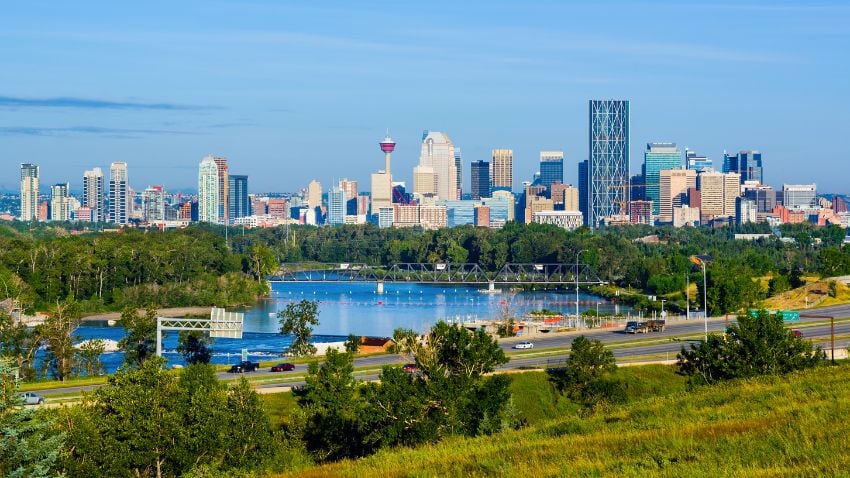
This is one of those processes where it is essential to have a professional to help you deal with all the requirements and even avoid rejections
Legalizing and validating your Canadian documents can be time-consuming. You need to be aware of many details and be very careful about the information you send. Having a good orientation of the documents you need to gather, now just check your province, look for a notary with a recognized signature and follow the process to legalize your documents. It is also important to verify that the authorities in the country you are going to accept documentation authorized outside of Global Affairs Canada, as provinces and territories act autonomously from the government, and their processing times may be shorter.
If you want the best intel from the expat world, including profitable offshore opportunities, little-known tax-saving strategies, and hard-won insights on immigration, passports, and Plan-B residencies, all delivered to your inbox every single week, then join our daily correspondence, EMS Pulse®. Currently enjoyed by over 84,000 expats and expat-hopefuls worldwide. Fill in the form below to join our newsletter free:

Written by Mikkel Thorup
Mikkel Thorup is the world’s most sought-after expat consultant. He focuses on helping high-net-worth private clients to legally mitigate tax liabilities, obtain a second residency and citizenship, and assemble a portfolio of foreign investments including international real estate, timber plantations, agricultural land and other hard-money tangible assets. Mikkel is the Founder and CEO at Expat Money®, a private consulting firm started in 2017. He hosts the popular weekly podcast, the Expat Money Show, and wrote the definitive #1-Best Selling book Expat Secrets - How To Pay Zero Taxes, Live Overseas And Make Giant Piles Of Money, and his second book: Expats Guide On Moving To Mexico.
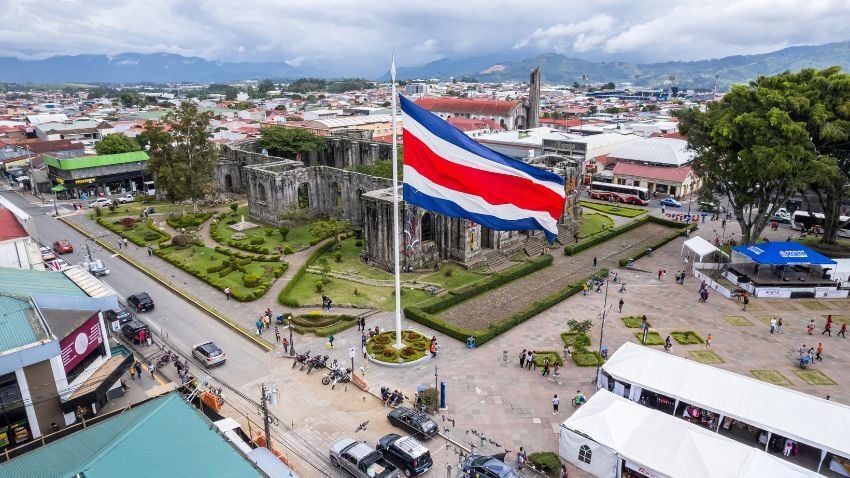
Costa Rica has become one of the most popular expat and digital nomad destinations in Latin America, known for its natural beauty, relaxed lifestyle,...

Mexico remains one of Latin America’s most compelling destinations, especially for North Americans. More than a million expats call it home, and tens...

South Korea is far more than K-pop and K-dramas. It is a country known for outstanding food, from bustling street markets to high-end dining, as well...